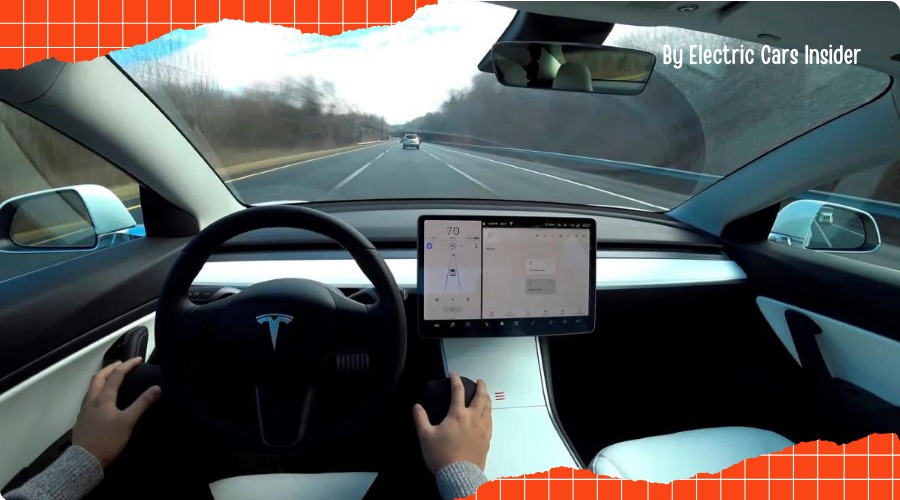When it comes to the decision of investing in an electric vehicle (EV), it’s a must to know the EV ownership costs that may be hidden at first. Although one can see apparent advantages like lower gas prices and a smaller environmental footprint, there are also some expenses that come potential buyers may overlook. This article will open your eyes to the real costs of EV ownership, namely battery replacement, charging infrastructure, maintenance, and insurance, so you can be well informed when making your choice.
Battery Replacement: A Major EV Cost
The battery is, without a doubt, one of the priciest parts of an electric car, and despite the fact that its life is destined to be long, at some point it does degrade. Knowing the costs involved in battery replacement is especially critical for determining the long-term costs of EVs:
1) Battery Lifespan and Degradation
Most EV batteries are manufactured for an 8 to 15-year lifespan, and of course, it depends greatly on the model itself and how it is driven and charged. In addition to time, the battery’s capacity becomes less and less which ultimately leads to driving a shorter distance and doing less performance. The typical guarantee from manufacturers covering the battery is valid for a limited period, though, the costs of battery replacement after the warranty expires can be very high, eventually costing many thousands of dollars, hence it is wise to check and make sure who is really responsible for the expenditure. More on the topic of EV battery replacement costs can be found on the Consumer Reports website.
Charging Infrastructure and Costs
Another area that may come as a hidden cost while charging your EV, particularly if you have to install a home charging station, or avail of public charging stations. These are important factors in conception when considering EV cost ownership:
1) Home Charging Station Installation
For many people, a Level 2 home charging station is a good choice for fast and easy charging. Nevertheless, the price is a major consideration here. Based on your home’s electrical system, the wiring or electrical panel may need to be repaired or upgraded, which can hike up the installation cost by hundreds of dollars and even thousands. The price range for the charger alone is usually from $500 to $1,200, and installation can add another $500 to $2,000. Learn more about home charging installation from the U.S. Department of Energy.
Maintenance Costs in EV Ownership
EVs normally need fewer maintenance services than traditional internal combustion engine (ICE) vehicles, but there are still maintenance expenses to keep in mind:
1) Tire Wear
The reason why EVs are usually heavier than ICEs is the battery weight. This extra weight can lead to faster tire deterioration, meaning a more frequent need to replace worn-out tires. What is more, the instant torque provided by electric motors can cause quicker tire wear, mainly if you usually drive aggressively. All these factors lead to the costs of owning an EV.
2) Brake Maintenance
Even though EVs benefit from regenerative braking, which wears out the brakes much less, regular brake components like pads and rotors will still have to be taken care of, and in time they will have to be replaced. Nevertheless, the brake maintenance needs to be performed less often in comparison to ICE vehicles, which can lead to a reduction in expenses.
Insurance Costs: An Essential Aspect of EV Ownership
The insurance coverage of an electric vehicle can be a significant proportion of the total cost of ownership.
1) Higher Insurance Premiums
Electric vehicles have costly batteries and components that are difficult to replace, and they also need a variety of specialists to repair them. The average insurance premiums for electric vehicles are generally higher than those for comparable internal combustion engine cars, even though the extent of the difference can vary from one make and model to the next. For tips on finding the best insurance for your EV, visit NerdWallet.
Conclusion
The electric vehicle ownership costs are among the most important factors in making an informed decision in buying an electric vehicle. The costs can vary greatly from battery replacement and charging infrastructure through to maintenance and insurance. Therefore, the things can be overwhelming at first, but the owners of electric vehicles tend to find that the advantages of electric vehicles, like lower fuel costs, carbon footprint reduction, and improved driving capabilities, far surpass their disadvantages with proper planning. These costs can help you be more prepared for an electric car, avoid surprises, and enjoy a satisfying experience with an EV.
If you want to know more about electric car ownership, head to our guide on the real cost of owning an electric vehicle.

